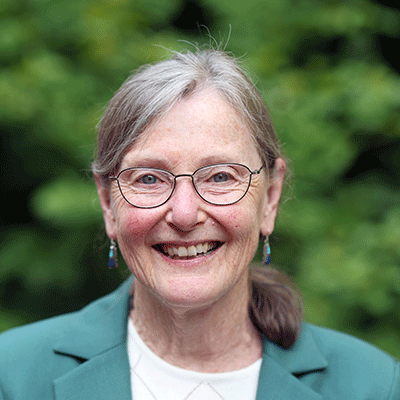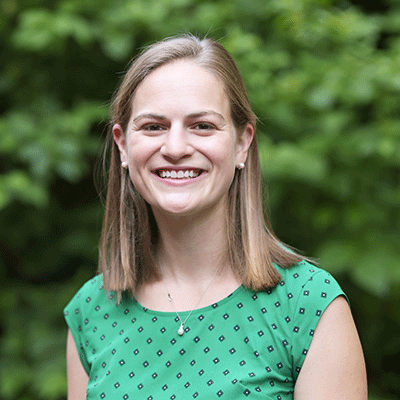Understanding Assessment
Why Does it Matter?
- What do we want students to know and to be able to do?
- How do we know what students have learned and what they missed learning?
- What do we know about teaching and learning that can help students learn better?
Assessment—the systematic process of gathering, analyzing, and interpreting data on student learning or program outcomes, helps inform student learning and improve teaching. By collecting reliable, evidence-based information about student learning, assessment confirms what works — and what doesn’t work — and gives us confidence to make good decisions about our academic programs. Through assessment of student learning, we demonstrate our commitment to the education of our students; to improving our own teaching and research; and ultimately to the University community, by continually improving the quality of our work.
Institutional Research and Analytics works collaboratively with academic departments to provide expert advice and methodological support to conduct assessment in support of the University’s mission and consistent with accreditation standards.
-
Competency Assessment
-
The University's competency assessment program is part of a statewide effort in Virginia, administered by the State Council of Higher Education for Virginia (SCHEV), to gather data and issue reports on the effectiveness of the Commonwealth's educational institutions. These competency assessments also serve to demonstrate compliance with the SACSCOC General Education Competency Standard. SCHEV's Policy on Student Learning Assessment and Quality in Undergraduate Education stipulates institutional requirements for the 2018-2024 assessment cycle.
The purpose of the competency assessment program is to determine undergraduate students’ level of knowledge and skills in the six areas listed below. The first four areas were prescribed by the State; the other two were selected by the University:
-
Critical Thinking
-
Written Communication
-
Quantitative Reasoning
-
Civic Engagement
-
Global Competence
-
Information Literacy
Institutional Research and Analytics administers the assessments and works with faculty committees per area to consider the findings and make recommendations. Results of the assessments are provided to deans and faculty to be used, as necessary, to improve the curriculum and teaching, and reported to SCHEV.
These competency assessments have been conducted since 2001-2002. Examples of assessment reports completed since 2010 and available upon request include:
-
Critical Thinking (2010-2011)
-
Oral Communication (2015-2016)
-
Quantitative Reasoning (2013-2014)
-
Scientific Reasoning (2012-2013)
-
Undergraduate Research (2011-2012)
-
-
University Assessment Advisory Committee
-
The University Assessment Advisory Committee meets at the request of Institutional Research and Analytics to advise on assessment policy and practice. As needed, the committee members may be asked for counsel between meetings.
Members
-
Dorothe Bach, Associate Director, Center for Teaching Excellence
-
Catharine Brighton, Associate Dean for Academic Programs and Student Affairs, School of Education and Human Development
-
Anselmo Canfora, Associate Dean, School of Architecture
-
Amanda Crombie, Director of Academic Programs and Registrar, Batten School of Leadership and Public Policy
-
Will Guilford, Assistant Dean of Undergraduate Education, School of Engineering and Applied Science
-
Tom Horton, Associate Professor, Dept. of Computer Science
-
Aaron Mills, Professor, Dept. of Environmental Sciences
-
Bo Odom, Academic Program Manager, College and Graduate School of Arts and Sciences
-
Ann Marie Plunkett, Assistant Professor, Bachelor of Interdisciplinary Studies
-
Ben Raske, Associate Director-Student Data and Information Management, McIntire School of Commerce
-
Abby Self, Assistant Dean of Academic Operations, School of Nursing
-
Joel Hanel, Director of Assessment, Accountability and Accreditation, School of Education and Human Development
-
Meridith Wolnick, Director, Teaching and Learning, University of Virginia Library
-
Carrie Worcester, Senior Assessment and Research Analyst, IRA
-
contact
Lois Myers

Carrie Worcester

